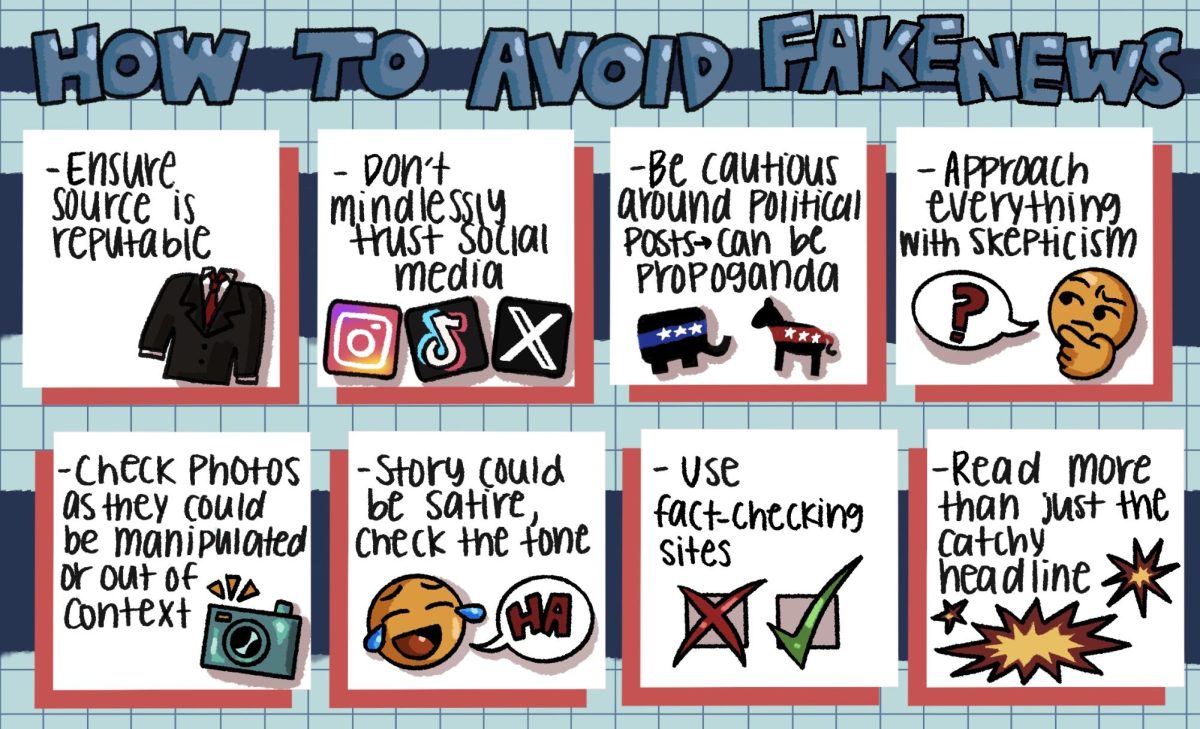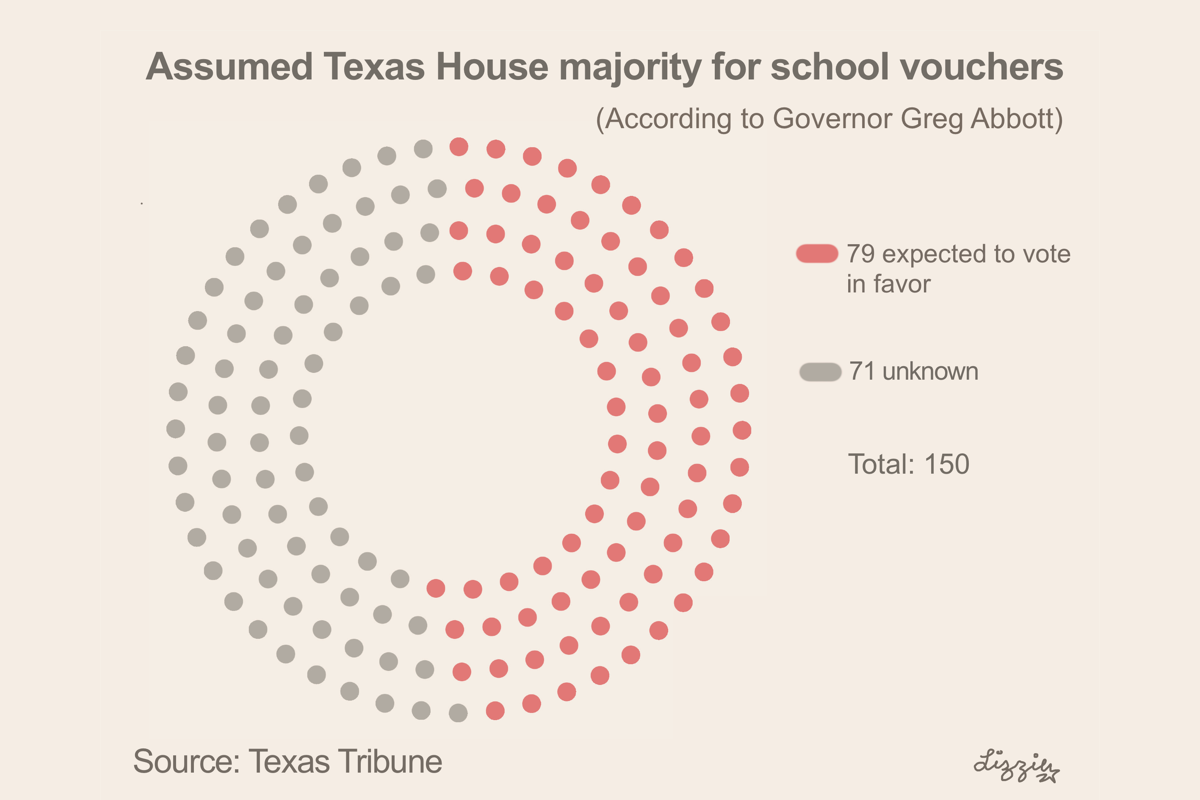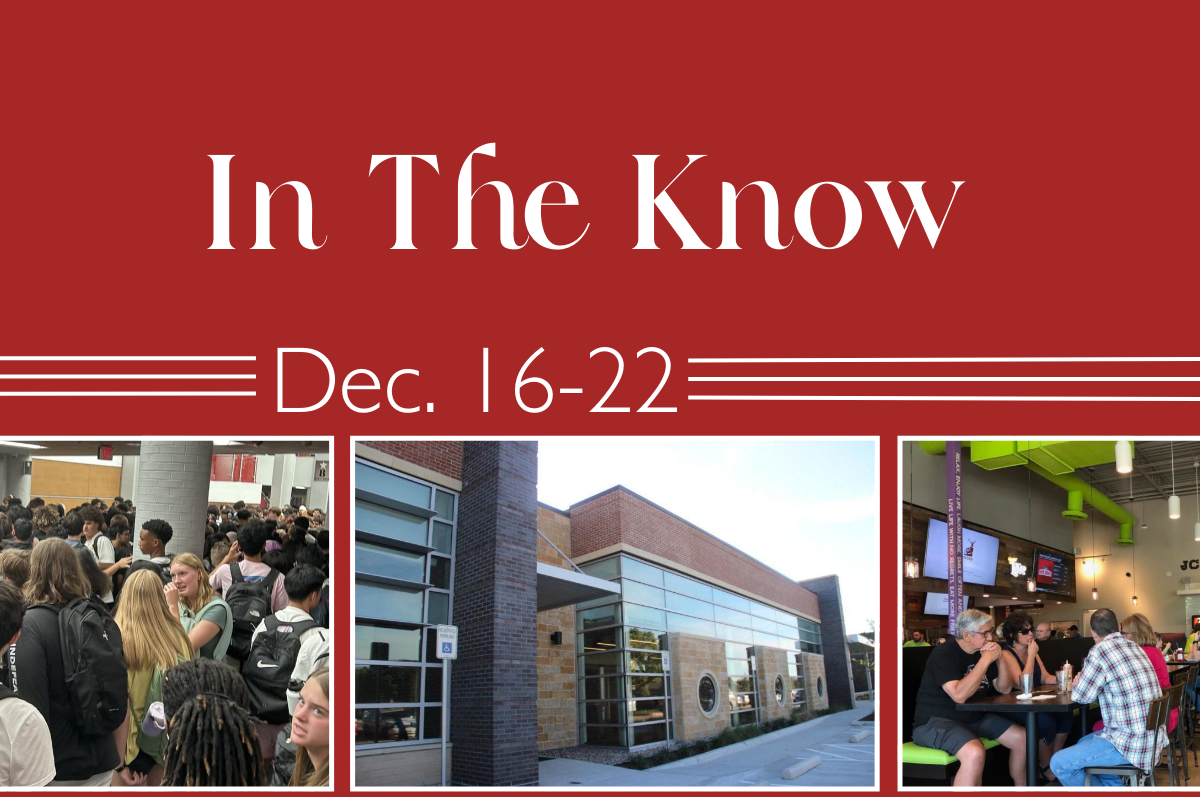Divya Kumar
News Editor
For years, high school students have attempted to gain college credit before they graduate by means of dual credit, AP and IB courses. These classes are more rigorous and fast-paced than those on other levels, but many see the benefits beyond just a higher GPA.
Through this, they can gain credit and pass out of core-classes to take in college, saving both time and money. But the question arises: how much credit do these classes really offer?
Often students blindly accept these courses will save them from taking the same ones in college, only learning later that such is not the case. Many colleges have a certain number of AP and IB credits they’ll accept, and dual credit is not as readily available in out-of-state or private schools as it is in small, public ones within the state.

Despite increasing numbers of students realizing they are not gaining as much credit as they expected, in CHS counselor Debra Fruithandler’s experience students have had no problem gaining the credit they needed from public universities.
“Generally, public universities in Texas have to accept any of the core classes, which are the ones that we offer our students,” Fruithandler said. “Private schools have their own requirements, but transferring credits to any Texas public schools shouldn’t be a problem for students; in my years of counseling, I haven’t had a student with any problems with transferring their credits.”
English, History, Economics, Government and Speech and are all offered to CHS students at North Lake Community College. Students can register for morning or afternoon classes on Monday, Wednesday and Friday, or Tuesday and Thursday. Many see the benefits that such classes offer in gaining college credit.
“I’ll be getting a lot more college credit for doing dual credit rather than AP, because with AP there’s only one test that decides whether or not you get credit, even if you do well in the class,” senior Arpita Saha said. “For people who are bad at testing, that seems unfair. This makes it a lot easier to get college credit through dual credit.”
In addition to gaining credit through a method less dependent on one test, dual credit offers students a real college environment.
“I joined dual credit so that I could prepare myself for next year by sitting through college-level courses,” senior Ali Brinegar said. “The professors treat you the same way they would a college student – we don’t get the constant reminder to turn in stuff every day and we have to be there, no matter what, unless it’s a dire emergency. It’s not as lax in that sense as high school classes are.”
While several dual credit seniors agree the courses they take at North Lake are easier than those that they’ve taken in AP level courses, for some the experience of being in a college environment has been a real eye-opener.
“There are some students who haven’t been able to cope with the environment that dual credit facilitates,” Fruithandler said. “We’ve had to actually go in and pull students out of the classes because they can’t handle the amount of responsibility it entails. It’s a good way for students to learn what it’s like in college, when it’s easier to learn how to fix themselves.”
Many Texas schools realize the benefits adopting dual credit classes offers. Changes in state law requiring schools to allow students to earn up to 12 hours of college credit before graduation has doubled dual credit enrollment. In order to avert the crisis of students taking classes counting as elective courses rather than core credit, the Texas Board of Education is working on pamphlets to show which classes will count towards which courses at major public universities; so far, only mechanical engineering has been completed, but the rest are expected to be finished within the next four years.
In Fruithandler’s experience, she has had students that have graduated with 53 dual credit hours (all accepted); additionally, she knows students have not necessarily gained credit for the classes they’ve taken, but used their previous knowledge in a dual credit course to help them “take a breather” in the same college-level course.
While dual credit may be appealing to students because they have multiple days a week in which they don’t have to come to school, it is particularly appealing to parents because of the fact that it is completely free of cost.
“When I signed up for dual credit, I knew what I was getting myself into in the credit aspect,” senior Lauren Mulvihill said. “Dual credit is good for people who want to get some basic, easy classes out of the way before actually going to college. It’s also free, so it helps a lot with the financial side of college and stuff.”
However, the issue that lies within dual credit is the fact that students have to pay for textbooks, with rates that rise to astronomical levels: the current economics textbook for the course at North Lake is $203. Though the classes are free, there is contemplation over the fact that these classes may cost money in the future.
“We have to think about the fact that these are teachers at North Lake that aren’t getting any money from teaching all the students that we’re sending them,” Fruithandler said. “That’s why there’s speculation over the fact that eventually students may have to pay nominal fees to be able to take these courses, just like what happens with credit by exam courses.”
Some students wonder whether it’s worth to pay that much to buy the textbook – and eventually the classes themselves – especially with options such as AP and IB which are much cheaper (for students only have to pay for the tests they’re taking) and are more widely-accepted by schools beyond Texas public ones.
AP courses require students to learn at a college-level throughout the year and take a test at the end of the year to determine whether or not they get credit; IB courses are similar, but also have “internal assessments” – such as essays and oral presentations – within them that count towards the final grade, as well. These courses are more widely accepted at schools nationwide.
“For some students, dual credit courses are more ideal, and for others, IB and AP ones are,” Fruithandler said. “All of the counselors meet with each of our students individually before they sign up for such classes to make sure that they are prepared for the rigor and know what their long term goals are. That way we know they’re taking the right courses to gain the appropriate amount of credit they want.”
AP and IB classes are generally more rigorous than dual-credit classes, and more widely accepted for credit at schools out of state and the top-tier universities. In addition, they may be useful for students to get into higher level schools, because they offer higher GPA points on an AP level while dual credit classes are on the pre-AP level. Dual-credit is ideal for students enrolling in college in a public university within Texas; if they don’t, their credit is not guaranteed, and not accepted for out-of-state schools.
“It’s really important for students to know their future goals before they decide to sign up for either of these classes,” Fruithandler said. “Depending on what they want to do and where they want to go, they should choose accordingly.”








